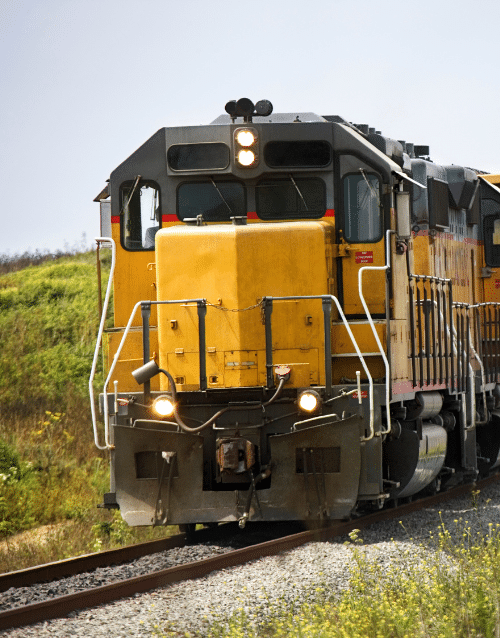Gagged by Confidentiality in Railroad Releases
In big-time injury and wrongful death cases, the insurers and corporate representatives for the defense often want to keep the fact of the injury and the settlement of claims from public scrutiny. Railroad companies like CSX, Norfolk Southern, and Amtrak are notorious in their iron-fisted use of releases that prevent the injured worker or his lawyer from telling others what happened, why it happened, and what the railroad was forced to pay as a result. The way the railroad prevents this information from getting out to other workers, lawyers, and the public is by having language that they refuse to change in a release that the individual hurt on the job on the railroad must sign to get the compensation by way of a settlement.
Even in the highly contested and big-dollar world of FELA litigation, most cases settle. A lot of cases go into litigation, meaning that they are cases that are filed and litigated in court, but full jury trial is not the end of most cases. Rather, some agreement is. Settlement agreements are good for the parties and society. A certain dollar figure is agreed to between the railroad worker who got hurt and his company as to what is fair for his lost wages, pain and suffering, medical bills, and future losses if there is a permanent injury. Rather than having these cases go all the way to jury trial, we are all better off if the parties can reach a resolution, which usually happens.
The problem is that the railroad companies will not settle the case unless the worker and their attorney promise to never tell anyone about how much money they were paid and the circumstances of the settlement. The railroad companies do this to keep others from learning about safety problems at the railroad and how much they were forced to pay as a result. They see that as to their economic advantage.
As an experienced FELA lawyer, I am often faced with the dilemma of being able to get a case resolved for full and fair compensation only if we agree to this confidentiality provision. The dilemma is that it is better for this individual client to get their money on with their lives than to go to court and fight about the unfairness of the confidentiality provision or take a case to trial just for the principle. Accordingly, FELA cases settled nationwide with railroad companies for the failure to keep the railroad safe for workers end up usually being subject to this silencing.
The justice system allows these agreements expecting that the parties have negotiated over that term of the release agreement. However, the confidentiality provisions of the railroad’s release is not really a negotiation, not talking about the settlement result is a term that the railroad forces on the plaintiff’s lawyer and their client. It keeps the railroad worker from telling other workers about their experience. It prevents the plaintiff’s lawyer in a FELA case from telling other FELA lawyers about what happened in the resolution of the case. Although there may be some benefit to the client who gets a large settlement to not have everyone knowing their business, that should be the injured worker’s choice, not the railroad’s.
Confidentiality like other types of non-disclosure agreements is part of a system that unfortunately hides the truth in a way that is an advantage to railroad corporations and other businesses and insurers for their bottom line. Unfortunately, I cannot tell you about some of my best railroad accident and injury results against Norfolk Southern, CSX, and Amtrak because of this kind of confidentiality provision gagging my sharing of this information.
Find Out What Your
Case is Worth
Testimonials








